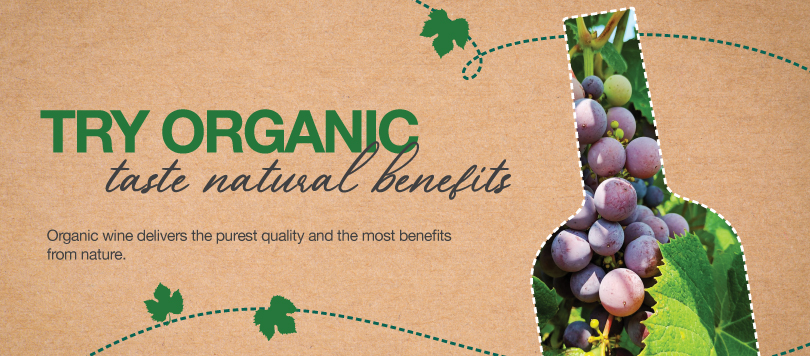
Vegan-friendly wine:
Vegan wines are made without animal products, so winemakers either leave the particles to sink naturally to the bottom of the wine or use non-animal fining products usually bentonite, a form of clay or pea protein,’ said Waitrose & Partners wine expert, Matt Johnson.
Vegan wine is exactly the same as 'normal wine'. It is made in the same way, using the same grapes and the only difference is the fining process.
The animal-derived products are used in the fining process of the conventional winemaking process:
- Egg whites: Used to eliminate harsh tannins, helping wines have smoother tannins (usually applied in fining process of Bordeaux wines)
- Casein (a kind of protein found in milk): normally used to clarify white wine color and eliminate oxidative taint in wine.
- Gelatin (a kind of protein from animals’ skin and bones): used to create the smoothness for red wines and help clarify white wine.
So what are the alternative products used in the fining process of vegan-friendly wine?
- PVPP (artificial plastic compounds): used to filter the bitterness and make the red wine brighter.
- Bentonite (a pure clay): used clarify wine color and eliminate harsh tannins
- Charcoal: used in fining process but needed to be careful because charcoal can eliminate the aromas and taste of wine.
Organic wine:
Organic viticulture differs from integrated production in that conventional fertilizers, herbicides, pesticides, and systemic fungicides may not be used. Generally, the transition from conventional to certified organic agriculture takes at least three years and requires ongoing audits.
A number of organizations worldwide grant organic certification, including the United States Department of Agriculture (USDA), Bioagricert (by Italy), Agriculture Biologique (by France), and Australian Certified Organic. Each organic certified organization has slightly different restrictions (nevertheless, European organizations have to oblige EU regulations). Typically as the United States Department of Agriculture (USDA)’s organic wine regulations, winemakers are not allowed to add Sulfite into winemaking production (a chemical compound used as a preservative), however, Agriculture Biologique of France allows the winemaker to add a restrictive amount of Sulfite
Bio-dynamic wine:
Biodynamic is similar to organic farming in that both take place without synthetic chemicals, but biodynamic farming incorporates ideas about a vineyard as an entire ecosystem and also takes into account things such as astrological influences and lunar cycles. A biodynamic wine means that the grapes are farmed biodynamically and that the winemaker did not make the wine with any common manipulations such as yeast additions or acidity adjustments. A wine “made from biodynamic grapes” means that a vintner used biodynamically grown grapes, but followed a less strict list of rules in winemaking.
Collected and composed by Le Thi Xuan Vy - Wine Training Specialist at the Warehouse

